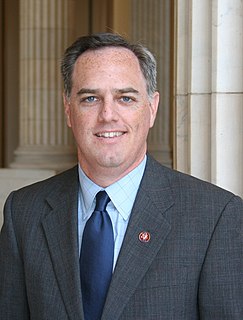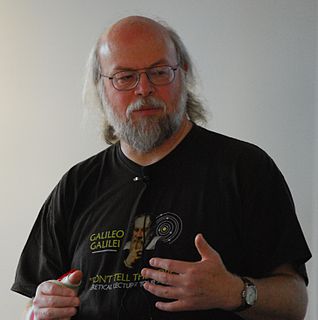A Quote by Elon Musk
Trying to read our DNA is like trying to understand software code - with only 90% of the code riddled with errors. It's very difficult in that case to understand and predict what that software code is going to do.
Related Quotes
There's a strong distinction to be made between dry code smart contacts and wet code's physical law. So law is based on our minds, our wetware - it's based on analogy. The law is more flexible; software is more rigid. Various laws tend to be batched in jurisdictional silos. Software tends to be independent.
There's a definite sense this morning on the part of the Kerry voters that perhaps this is code, 'moral values,' is code for something else. It's code for taking a different position about gays in America, an exclusionary position, a code about abortion, code about imposing Christianity over other faiths.
Sharing the code just seems like The Right Thing to Do. It costs us rather little, but it benefits a lot of people in sometimes very significant ways. There are many university research projects, proof of concept publisher demos, and new platform test beds that have leveraged the code. Free software that people value adds wealth to the world.
The security world needs to take a more proactive approach. A lot of companies will know an exploit exists and they'll release the software anyways, and the patch later on. Stuff like this needs to stop. There needs to be some kind of agency that verifies code before it's released, maybe a grading system for code.
[Eric]Goldman [a professor at Santa Clara University School of Law] says back in the 1990s, courts began to confront the question of whether software code is a form of speech. Goldman says the answer to that question came in a case called Bernstein v. U.S. Department of Justice. Student Daniel Bernstein who created an encryption software called Snuffle. He wanted to put it on the Internet. The government tried to prevent him, using a law meant to stop the export of firearms and munitions. Goldman says the student argued his code was a form of speech.


































